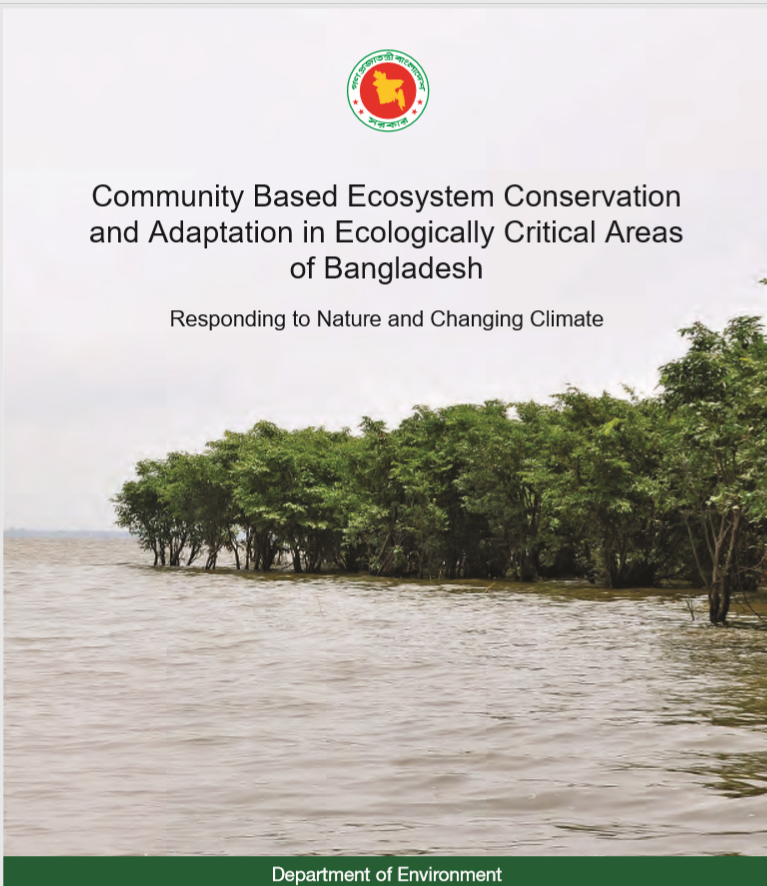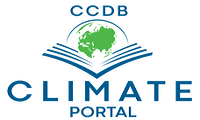Community based ecosystem conservation and adaptation in ecologically critical areas of Bangladesh

The production and publication of this book is intended to capture the successes and lessons learnt from the CBA-ECA project and to document the impacts of the Ecologically Critical Areas (ECA) management initiatives, key lessons and impacts, challenges faced and future direction for wise-use management of the ECAs in Bangladesh.
Conserving and sustaining biological diversity and its environment is a major challenge for a highly populous country like Bangladesh, heading towards rapid economic growth. It further makes the conservation discourse difficult since significant part of the population is poor and heavily dependent on natural resources for their lives and livelihoods. As a result, all the ecosystems − large and small, aquatic and terrestrial, natural and semi-natural or man-made − face degradation at various levels. Wetland ecosystems of Bangladesh, for example, are facing a number of anthropogenic challenges in recent decades. Major issues include, losing connectivity between rivers and floodplains, decline in aquatic-terrestrial transitional zone, changes in land use, over-harvesting of natural resources, salinity intrusion due to reduction in upstream flow and sea level rise, intensive fish culture, intensive crop cultivation, development of residential and commercial areas, invasion of alien species, intensive use of pesticides, hunting of wildlife, and impacts of climate change and water management projects, transport and service corridors. Mangrove ecosystem, on the other hand, is under threat of deterioration due to over-exploitation, extensive shrimp farming, pollution, high dependency of locals on mangrove resources, poor knowledge on ecosystem, and sea level rise. Similar challenges can be seen in other ecosystems. Nevertheless, absence of effective governance system in natural resource management remains an overarching concern for conservation of biological diversity in Bangladesh.
- Author(s): Irfanullah, H. Ahmed, S. Choudhury, J. Firoz, R. Mahmud, S. Rahman, M. Wahed, M. Download

